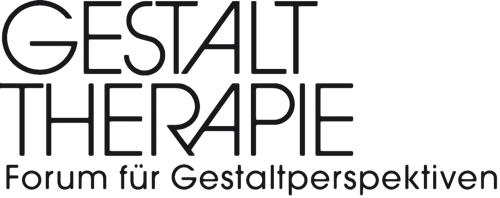Zusammenfassung
Dieser Artikel greift ein Desiderat auf: die Frage nach der Ethik und sozialen Verantwortung der Gestalttherapie. Auf dem Hintergrund der Konzepte der Moralentwicklung von Piaget und Kohlberg und Bubers dialogischem Prinzip wird die Stufe der »autonomen Moral« als die der Gestalttherapie angemessene ethische Grundlegung erkannt. Hierbei werden die »Vermeidungsmechanismen«, die üblicherweise als Störenfriede der psychischen Integration gesehen werden, auch in ihrer Funktion als unbewusste Mechanismen der sozialen Integration verstanden. Ziel der Therapie ist daher nicht (nur) deren Auflösung, sondern die bewusste Übernahme von Verantwortung für sich selbst und andere.
Abstract
Gestalt Therapy – Ethics and Social Responsibility. This article addresses a desideratum: the question of ethics and social responsibility in Gestalt therapy. Against the background of the concepts of the evolution of morality of Piaget and Kohlberg as well as Buber’s dialogical principle, the level of »autonomous morality« is the one considered to be the most suited principal ethical position of Gestalt therapy. Within this principle the »mechanisms of avoidance«, which are usually instrumental in disturbing the integration of the psyche, are also seen in the context of their function as unconscious mechanisms for social integration. A prime goal of therapy is therefore not only their dissolution but also the aware acceptance of responsibility for oneself and others.
